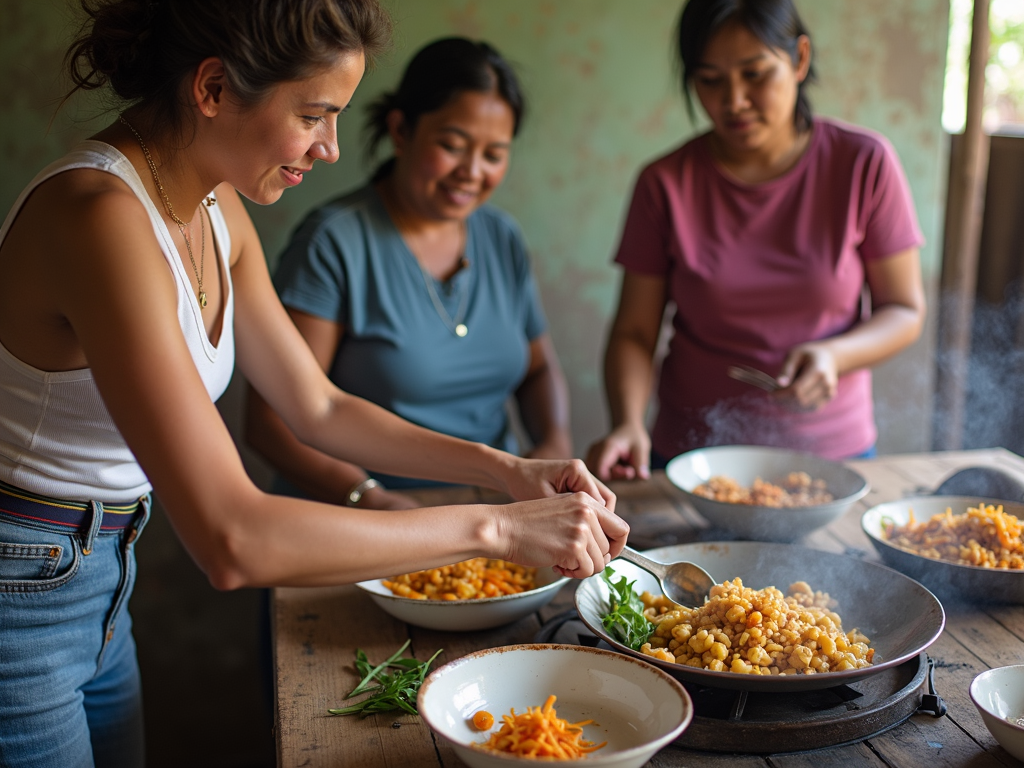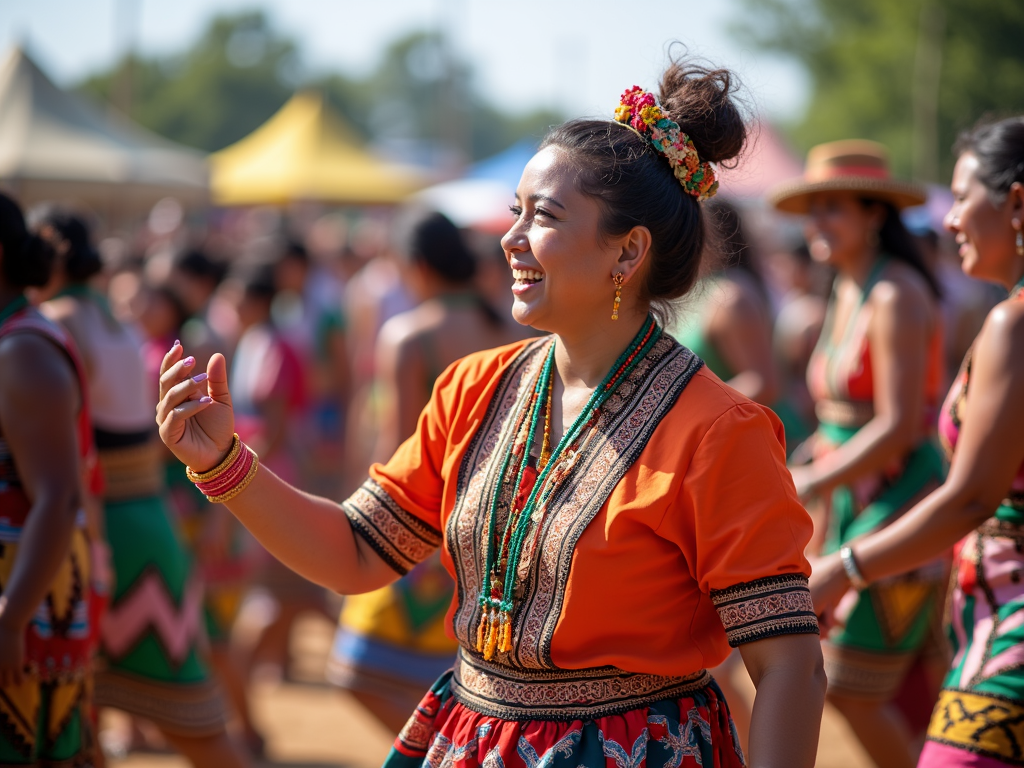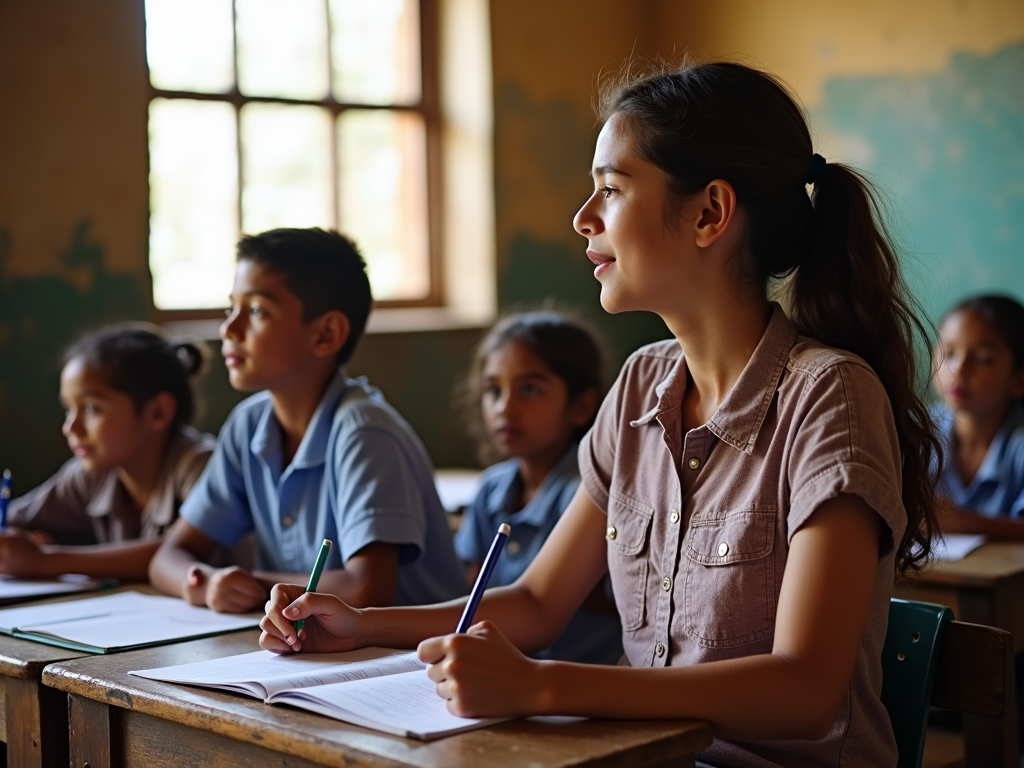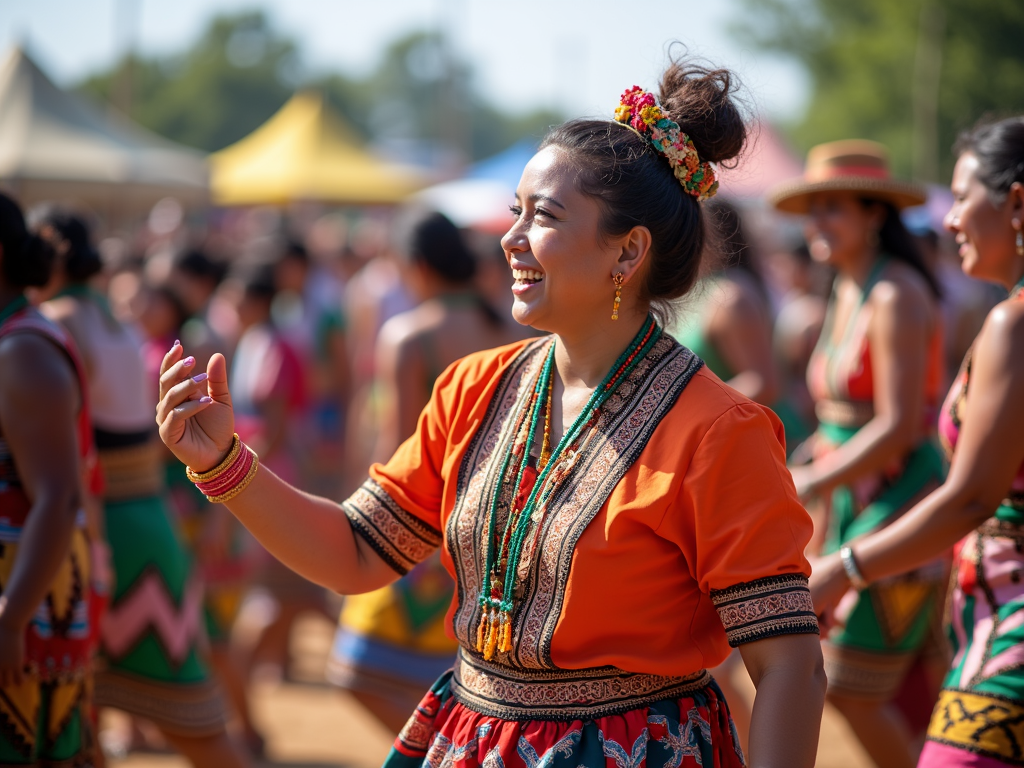Cultural Sensitivity Tips for International Volunteers: A Comprehensive Guide
By , May 5, 2025
Cultural sensitivity is crucial for international volunteers to ensure their efforts are respectful and effective. This article provides tips for being culturally sensitive, choosing the best volunteer abroad program, and understanding the importance of language in global volunteering.

Understanding Cultural Sensitivity
Cultural sensitivity involves being aware of and respecting the cultural differences and norms of the community you're volunteering in. It's about recognizing that your own cultural background may differ significantly from that of the host community and adjusting your behavior accordingly. This is important because it helps build trust, fosters effective communication, and ensures that your volunteering efforts are well-received and impactful.
For example, in some cultures, direct eye contact is seen as a sign of respect, while in others, it may be considered rude. Understanding these nuances can prevent misunderstandings and help you connect better with the local people.
Tips for Cultural Sensitivity
-
Research the Culture Before Going: Before you travel, take the time to learn about the culture, history, and social norms of the country you'll be volunteering in. This can include reading books, watching documentaries, or even talking to people who have been there. Knowing what to expect can help you avoid cultural faux pas and show respect for the local way of life.
-
Learn Basic Local Language Phrases: Even if you don't become fluent, learning a few key phrases in the local language can go a long way. It shows that you're making an effort to communicate and connect with the community. Simple greetings, thank you, and please can make a big difference.
-
Observe and Respect Local Customs and Traditions: Pay attention to how locals behave and follow their lead. This includes dress codes, dining etiquette, and social interactions. For instance, in some cultures, it's customary to remove your shoes before entering a home. Respecting these customs shows that you value and honor the local traditions.
-
Be Open-Minded and Non-Judgmental: Approach your volunteering experience with an open mind. Be prepared to encounter different ways of thinking and doing things. Avoid making judgments based on your own cultural norms. Instead, try to understand the reasons behind certain practices and appreciate the diversity.
-
Engage with the Community Respectfully: Build relationships with the local people by showing genuine interest in their lives and culture. Ask questions, listen actively, and participate in community activities. This not only enriches your experience but also helps you contribute more effectively.

Choosing the Best Volunteer Abroad Program
Selecting the right volunteer abroad program is crucial for a successful and culturally sensitive experience. Here are some factors to consider:
- Program Reputation: Look for programs with positive reviews and a track record of ethical volunteering practices.
- Cultural Immersion Opportunities: Choose programs that offer opportunities to live with local families or participate in cultural activities.
- Support Provided: Ensure the program offers adequate support, including pre-departure training, in-country orientation, and ongoing assistance.
- Alignment with Your Values and Goals: Make sure the program's mission and activities align with your personal values and what you hope to achieve through volunteering.
By carefully selecting a program that prioritizes cultural sensitivity and provides the necessary support, you can enhance your volunteering experience and make a positive impact.

The Importance of Language in Global Volunteering
Language plays a vital role in global volunteering. It can be a barrier or a bridge, depending on how you approach it.
- Communication Barriers: Without a common language, it can be challenging to communicate effectively with the local community. This can lead to misunderstandings and hinder your ability to contribute meaningfully.
- Building Relationships: Learning the local language, even at a basic level, can help you build stronger relationships with the people you're working with. It shows respect and a willingness to engage on their terms.
- Enhancing the Experience: Language learning can also enrich your own experience. It allows you to understand the culture more deeply and gain insights that you might otherwise miss.
To make the most of your volunteering experience, consider taking language classes before or during your trip. Many volunteer programs offer language learning opportunities as part of their package.

Personal Insights and Experiences
Imagine arriving in a small village in Thailand as a volunteer. You've done your research and know that the Thai people value politeness and modesty. You greet the villagers with a traditional "wai" (a slight bow with palms pressed together) and see their faces light up with appreciation. Throughout your stay, you make an effort to learn basic Thai phrases, which helps you connect with the children you're teaching. By respecting local customs, such as dressing modestly and removing your shoes before entering homes, you build trust and rapport with the community. This not only makes your volunteering more effective but also creates lasting memories and friendships.

Summary
Cultural sensitivity is essential for international volunteers to ensure their efforts are respectful and impactful. By researching the culture, learning the language, respecting local customs, being open-minded, and choosing the right volunteer program, you can make a positive difference while gaining a deeper understanding of the world. Remember, volunteering abroad is not just about giving; it's also about learning and growing through cultural exchange.